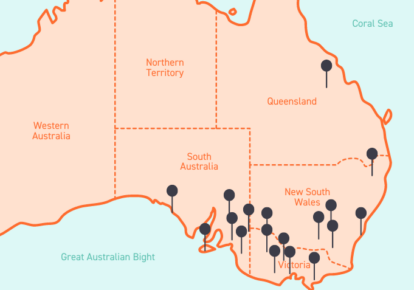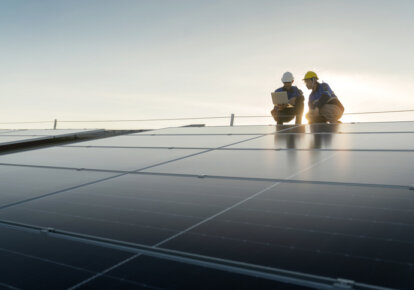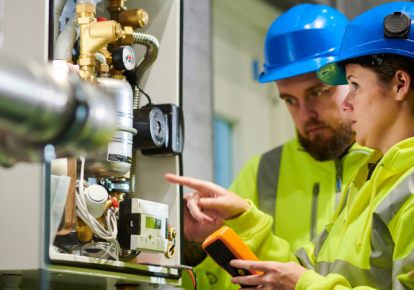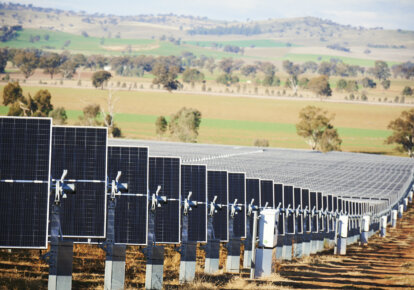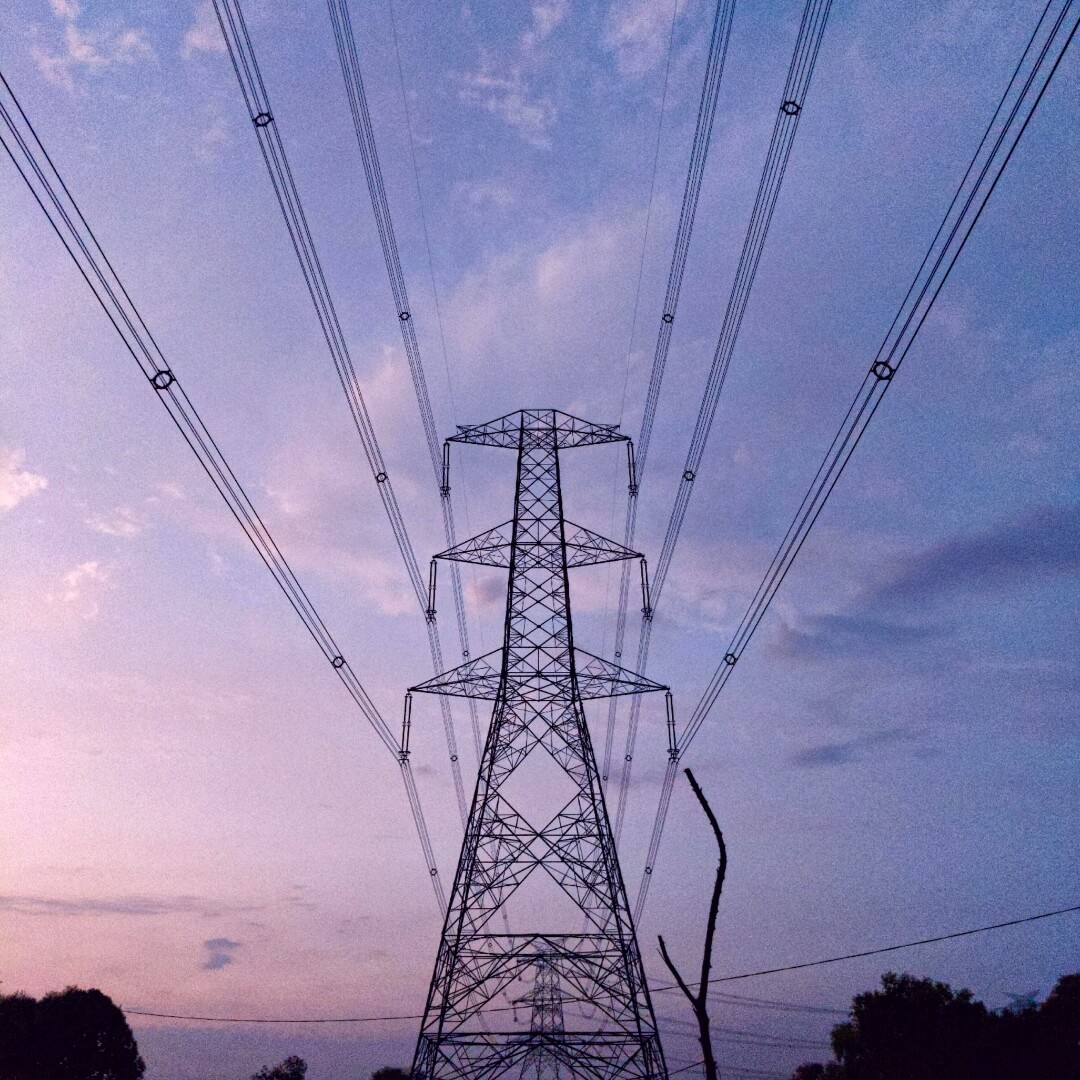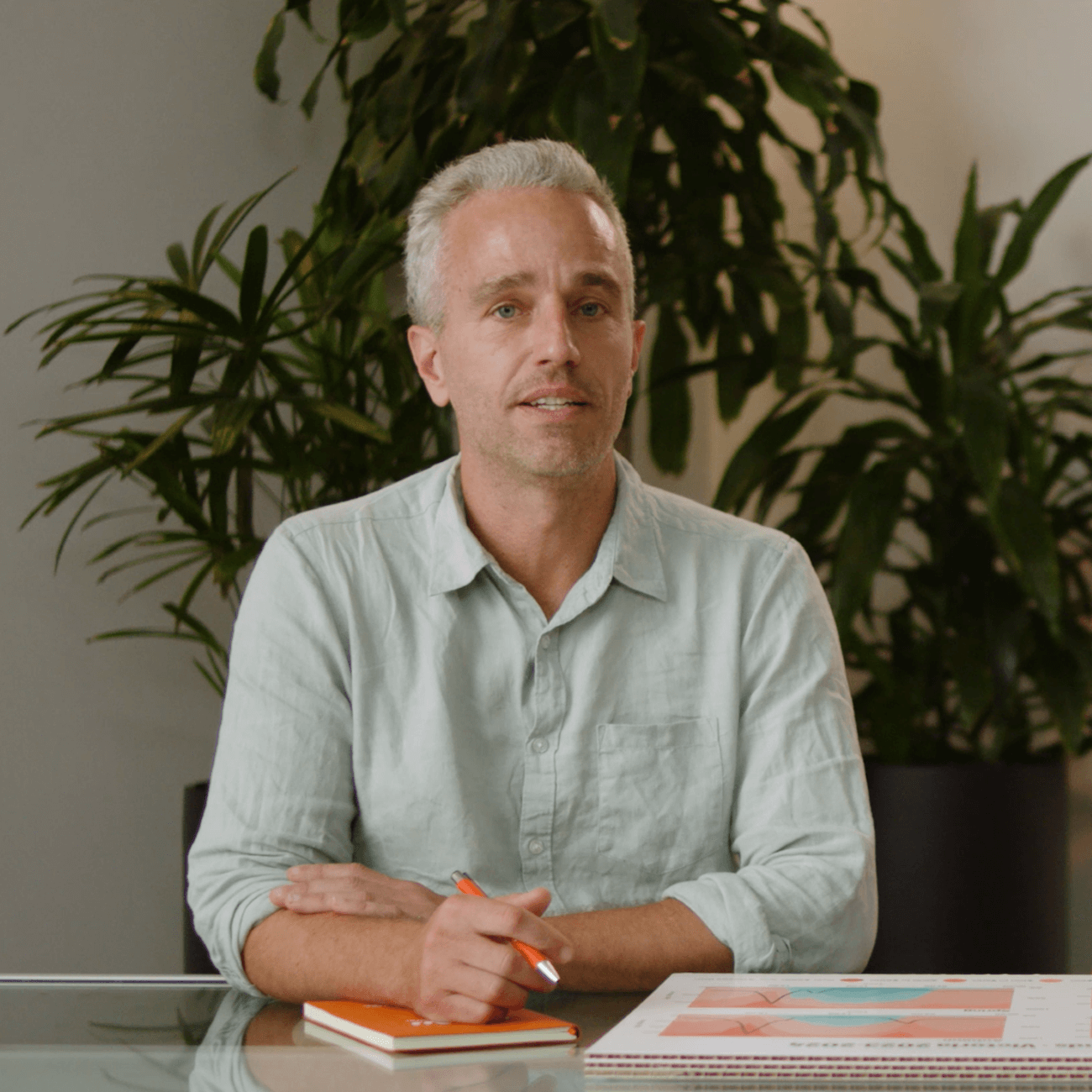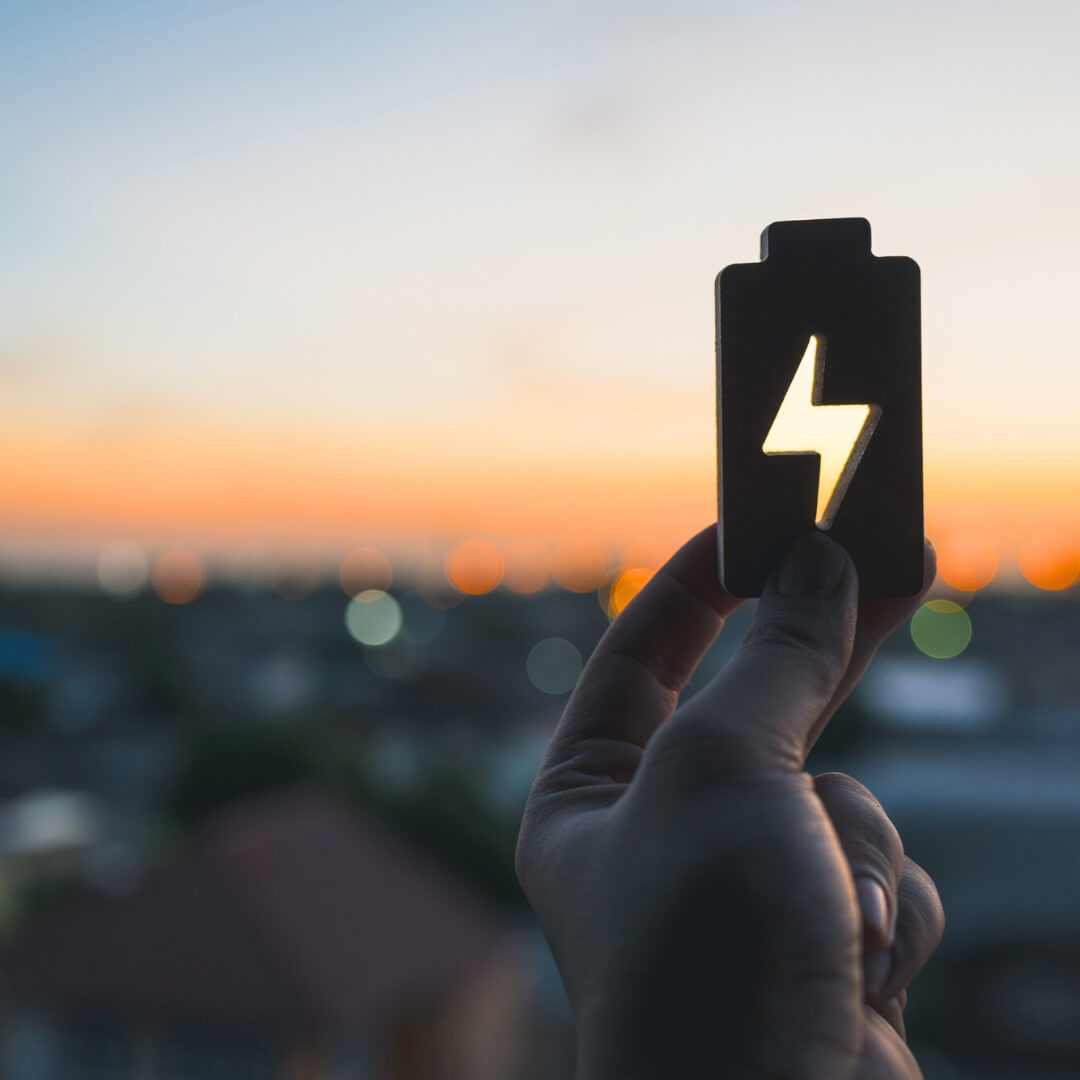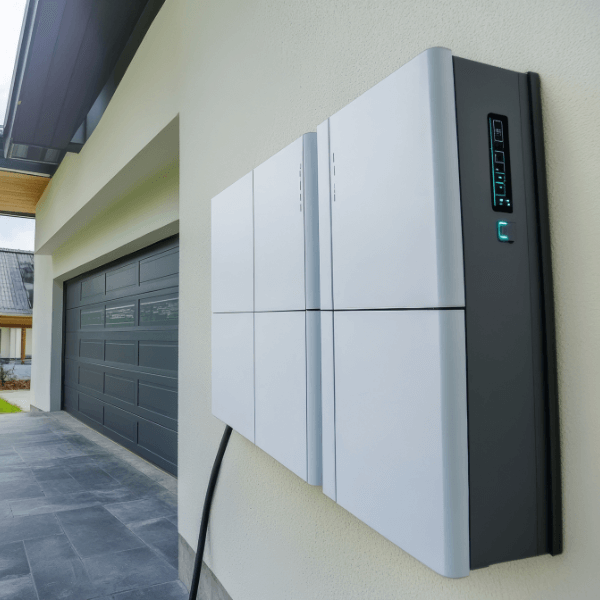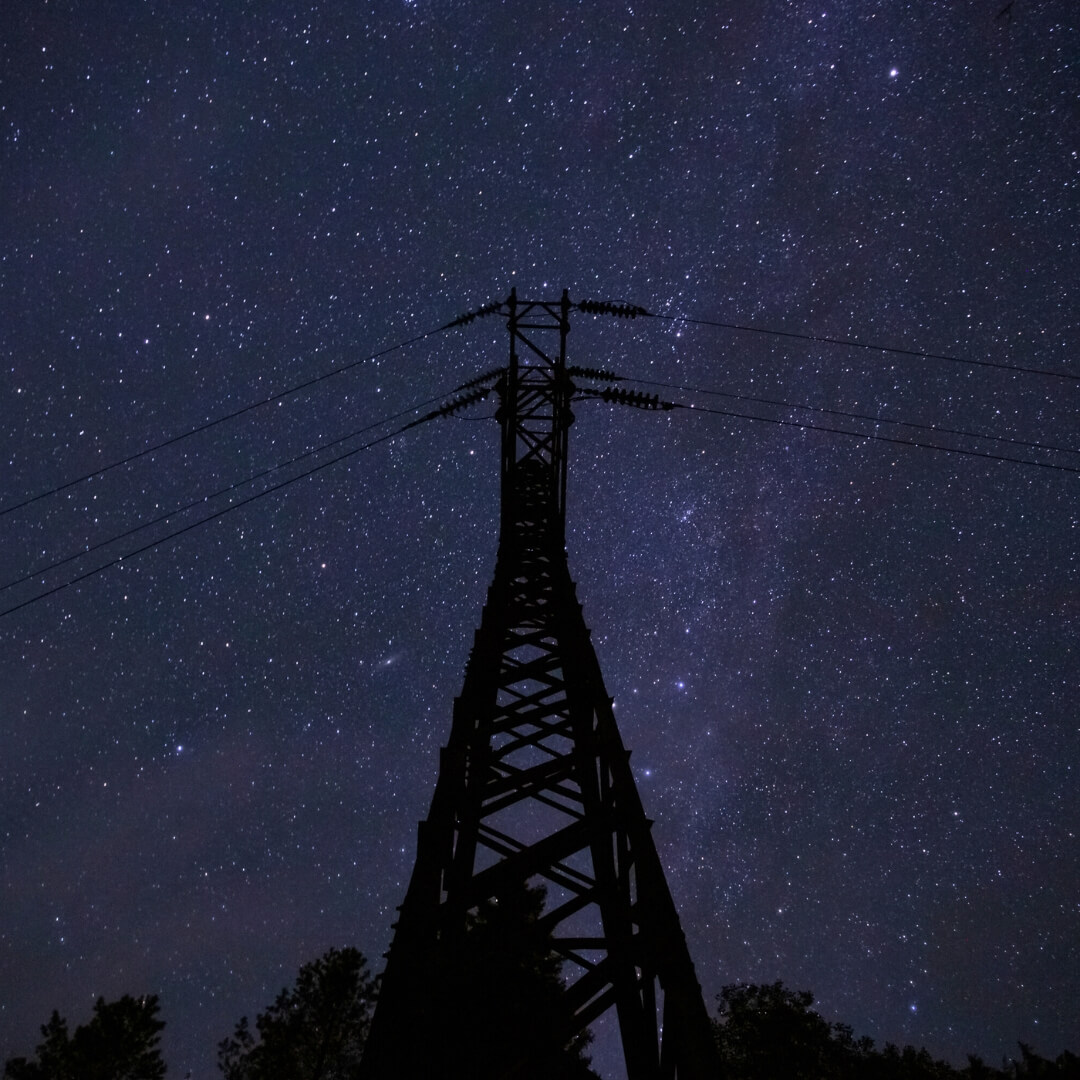Summer is fast approaching, and with it comes warnings of hotter, drier weather due to the return of El Niño. These forecast conditions have led to the Australian Energy Market Operator (AEMO) flagging an increased risk of electricity supply interruptions for some consumers, with potential for rolling blackouts.
It’s set to be a challenging summer ahead for the wine industry, with many searching for a sustainable solution to combat rising electricity costs. So, what can your business do to secure a competitive energy edge as temperatures rise?
Today, we’re exploring five ways you can support your business and boost your bottom line this summer.
1. Strategise for supply interruptions
Energy supply disruptions – and potential blackouts – pose a serious risk to food and beverage operations. Having an energy strategy in place to manage this is vital, ensuring your winery can keep the power running when it matters most.
The simplest way to manage supply interruptions is by shifting the majority of your electricity usage to periods of low grid demand (more on that later). However, if your business must operate during peak demand periods, a backup generator or battery can stand in for any unexpected supply shortfalls.
2. Switch to a wholesale electricity contract
Most businesses are locked into a flat contract structure which provides consistent pricing but doesn’t reflect the wholesale market price of electricity – or pass on any of the energy savings. Wholesale prices are often cheaper, or even negatively priced during daytime hours, as an influx of low-cost renewable energy is supplied to the grid.
If your business can optimise operations to capitalise on these low-price periods, while reducing consumption during higher price periods, switching to a wholesale electricity contract can deliver significant cost savings. This process can also be automated with the use of smart technology.
3. Use energy at the right time
The price of energy changes every 5 minutes on the wholesale market, which means the time your business uses energy can have a big impact on how much it’s costing you.
Wholesale market prices fluctuate but typically follow a similar daily pattern, as Australia’s growing rooftop and grid-scale solar capacity contribute to declining daytime energy prices.
As solar generation tapers off later in the day and electricity demand increases, thermal generators begin to ramp up. This leads to an increased ratio of fossil energy in the fuel mix within the grid, which is when prices begin to increase.
Powering down or reducing the amount of energy you use during this fossil-fueled period can help your business save money and contribute to a reduction in overall carbon emissions. The ‘right’ time isn’t just about cost savings – using energy when it’s cheaper also aligns with when it’s cleaner and more renewable.
4. Power down, get paid
Powering down supports the stability of the grid, and can protect your business from exposure to price spikes – but did you know there are opportunities to be financially compensated for powering down?
The Reliability and Emergency Reserve Trader, or RERT, is a mechanism set up by AEMO to help maintain power system reliability and reduce strain on the grid during periods of extreme electricity demand.
RERT periods typically occur during heatwaves, as more consumers turn on their air conditioners to combat the heat. Additionally, unexpected power outages are more common during extreme weather conditions. Sudden increases in demand, or reduction in supply, can pose serious challenges for the stability of the grid, which is when a RERT event will be called.
Businesses eligible to participate in RERT are financially compensated if they elect to reduce their electricity consumption during these periods, with the choice to either power down or switch to a backup source of generation.
5. Get connected to renewable energy
Making the switch to renewable energy is more than an ethical business practice, it’s a strategy that can now secure long-term price stability. There are multiple ways your business can make the switch, depending on your personal energy needs.

On-site solutions
For some businesses, installing ‘behind the meter’ solutions on-site can be a great step towards reducing dependence on the grid, from rooftop solar to battery storage.
While generating and storing your own electricity can be a cost-effective and sustainable solution for some, it isn’t a viable option for all businesses due to space availability or building restrictions. In this case, there are alternative solutions that offer equally attractive benefits for your business, without the need for on-site installations.
Long-term energy solutions
A Power Purchase Agreement, or PPA, is a tailored, long-term energy contract that allows you to source up to 100% of your electricity volume virtually from a real renewable energy project, or multiple different projects to meet your demand.
If the majority of your energy consumption is during the day, when solar energy is cheap and abundant, a solar PPA could be a perfect fit for your business. Alternatively, if your operations run through the night, wind supplies consistent power throughout the evening until dawn. Together, both of these sources work to keep prices down.
The PPA is locked in for a period of up to 10 years, in which the price is pre-determined, helping your business secure long-term value and price-certainty, taking advantage of competitively priced renewable energy without the risk of exposure to wholesale market volatility.
By choosing a PPA, your business creates more demand for renewable energy, meaning more investment in building new generation projects in the future – which ultimately means cleaner, cheaper energy for us all.
We’re making energy a competitive advantage for the Australian wine industry
Ready to power ahead this summer? Find a smarter energy strategy today, with Flow Power.
Click here now to view more energy solutions tailored for the Australian wine industry.
For further information, or assistance, speak to your local energy specialist Stephen Cook at Flow Power on 0428 724 768 or Stephen.Cook@FlowPower.com.au
SAWIA members can also contact Mark Gishen on 8222 9278 or Mark@winesa.asn.au


